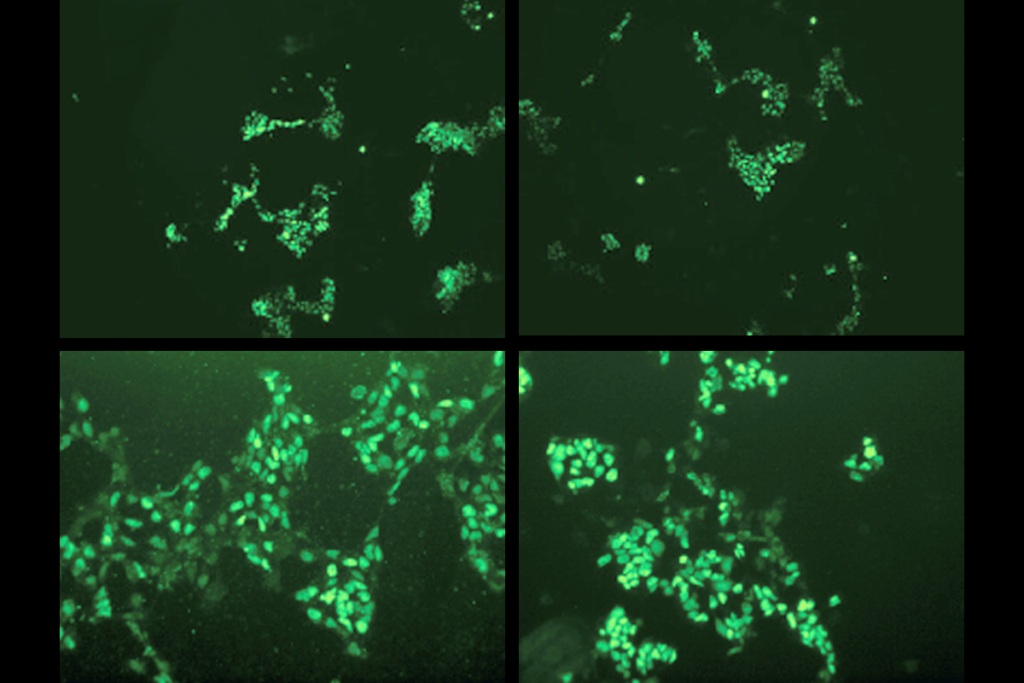Treatments needed for severe sensory sensitivity
There should be more research on sensory sensitivity in autism, which severely affects quality of life, says bestselling author and animal scientist Temple Grandin.
One of the most debilitating symptoms for some children and adults with autism is sensory oversensitivity, for example to loud noises or fluorescent lights. These oversensitivities make it impossible for a child or adult with the disorder to participate in normal activities, but there is little research on this topic.
I have talked to many parents who cannot go shopping with their child with autism. Every trip to the supermarket results in screaming and tantrums. When I was a child, loud noises hurt my ears like a dentist’s drill hitting a nerve.
Today, sensitivity to loud noise is just a nuisance for me. Unfortunately, there are some individuals who are never able to do normal activities such as going on a train or shopping in a crowded, noisy supermarket. For example, a study published earlier this year showed that sensory-related behavior limits participation in work, family and leisure activities1.
There are some reactions to sensory overstimulation that could be confused with social deficits. Some individuals react to sensory overload by screaming, but others may withdraw. This withdrawal could be confused with having social deficits.
Specific sensitivities:
One of the factors that makes this aspect of autism difficult to study, however, is that sensory problems are variable. One child with autism might scream every time he or she goes to the supermarket, whereas another child might love to go to the supermarket and push the cart.
A big problem with many autism studies is that the children are often categorized solely based on whether they have autism, with no assessment of their sensory problems. This sort of research would be more effective if participants were assigned to a treatment group whose members have autism, but also have a specific sensory sensitivity.
For example, the study would include only children who have autism and cannot tolerate loud noise.Children with autism who can easily tolerate loud noise would not be included.
There is another subgroup of individuals with autism who absolutely cannot tolerate fluorescent lights. They can see the 60 Hz flicker and the entire room becomes a flashing strobe light. A study on problems with fluorescent lights should include only those individuals with autism who have difficulty tolerating the lights.
Another factor that has an effect on sensory sensitivity is fatigue. When an individual on the spectrum is tired, sensory sensitivity worsens.
For a research study to be effective, the children or adults in the study must also be assigned to treatment based on the severity of their sensory sensitivity.
A search of the PubMed database reveals studies that clearly document that sensory oversensitivity exists. The problem is a lack of studies on effective treatments. I believe that research on treatments for specific problems with oversensitivity should be a top priority.
This research could lead to more effective treatments for alleviating sensory oversensitivity. It would be easier for an individual with autism to participate in normal activities if his or her sensory problems were effectively treated.
Temple Grandin is professor of animal science at Colorado State University and a best-selling author of books on autism and animal behavior.
References:
1: Schaaf R.C. et al. Autism 15, 373-389 (2011) PubMed
Recommended reading

Developmental delay patterns differ with diagnosis; and more

Split gene therapy delivers promise in mice modeling Dravet syndrome

Changes in autism scores across childhood differ between girls and boys
Explore more from The Transmitter

Smell studies often use unnaturally high odor concentrations, analysis reveals

‘Natural Neuroscience: Toward a Systems Neuroscience of Natural Behaviors,’ an excerpt
